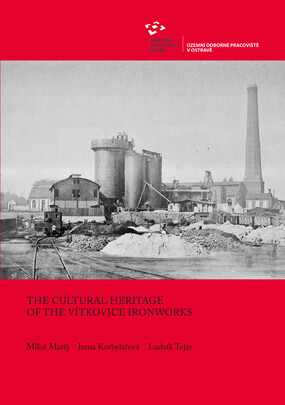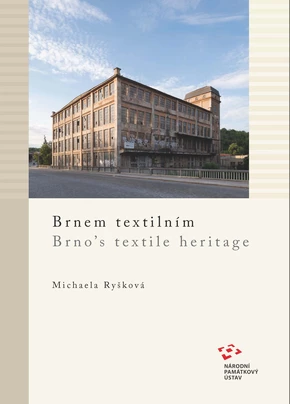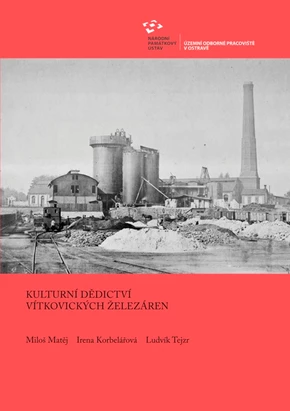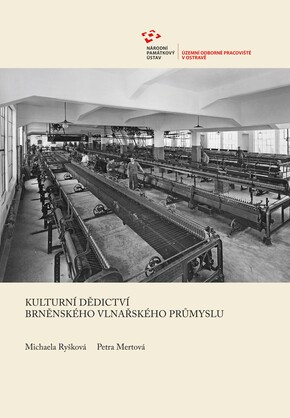The Cultural Heritage of the Vítkovice Ironworks

Podrobné informace
Kategorie:
Rok vydání:
Místo vydání:
Ostrava
Vydavatel:
Jazyk:
anglicky
Počet stran:
272
ISBN:
978-80-85034-86-8
260 Kč
Publikaci lze zakoupit na pracovišti:
ÚOP v Ostravě
This publication explores the industrial heritage of the Vítkovice Ironworks – the buildings, machinery and technical equipment of the ironworks themselves, as well as the residential developments and social amenities that were built for its employees. The main focus is on those heritage sites that are currently protected under Czech law (Act no. 20/1987 on state cultural heritage management), though the publication also describes several former sites of historical importance that now exist only partially or not at all.
Approaches to conserving the cultural heritage of the Vítkovice Ironworks have been formed over a number of decades, as attitudes towards the value and significance of this heritage have gradually evolved. This publication aims to cast light on these developments and to situate them within their wider context. In terms of technical equipment, the historical importance of the Vítkovice Ironworks lies primarily in the fact that it represents the complete “technological flow” of the iron and steel production process, with the entire sequence of activities concentrated at a single site – from coal mining to coke production, pig iron production, the refining of the iron (steelmaking), and various forms of subsequent processing (forges, rolling mills producing sheet metal and tubes). The company could not have grown and achieved its remarkable success without the construction of large-scale residential developments and social amenities for its workforce; these aspects of Vítkovice’s cultural heritage are represented by the “New Vítkovice” complex and the “Jubilee Colony” in the neighbouring district of Hrabůvka.
This book is a successor to two sister publications – Cultural Monuments of the Ostrava-Karviná Coalfield andThe Cultural Heritage of the Kaiser Ferdinands-Nordbahn – published as part of a series of volumes exploring the region’s rich cultural and industrial heritage and attempting to present the complex web of interconnected events and contexts which influenced the development of this heritage through texts, photographs, maps, plans, diagrams and tables.
To help readers better understand historical developments, technologies, production methods and local geography, the book is divided into a number of separate chapters, catalogues and registers.
Prohlédněte si naše obchodní podmínky
Přečtěte si, jak nakupovat



